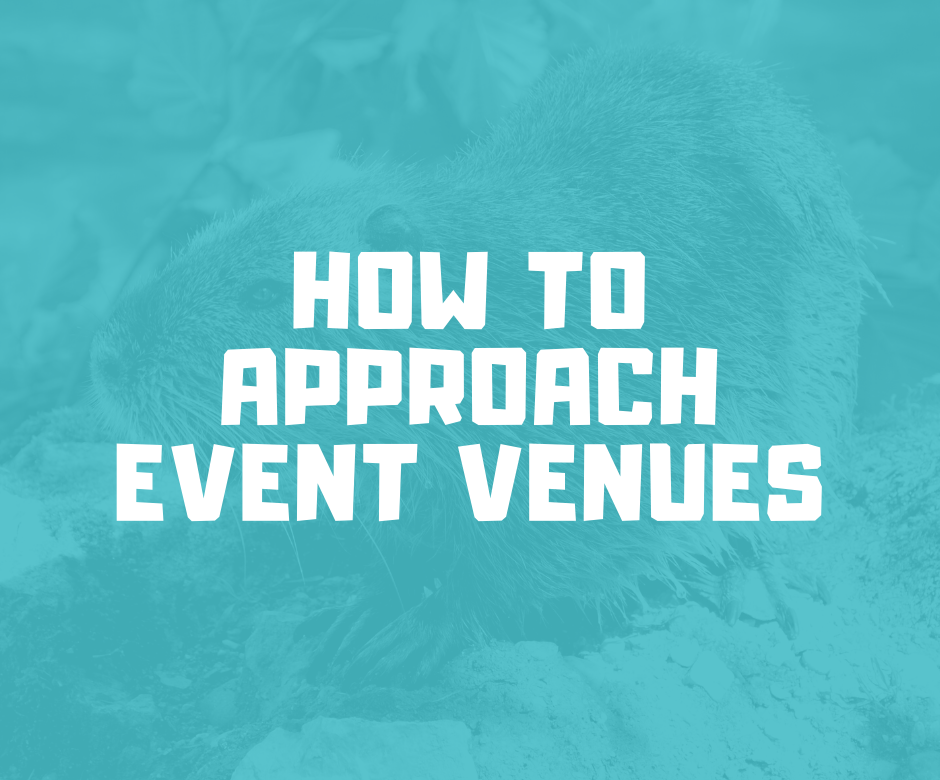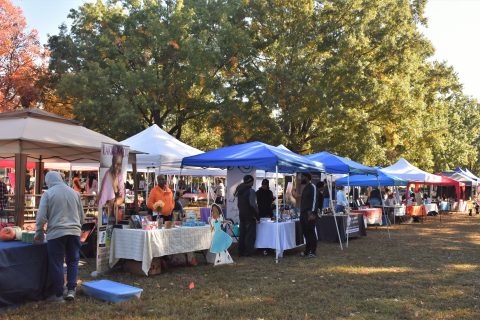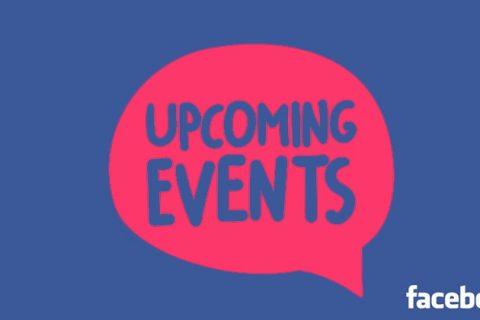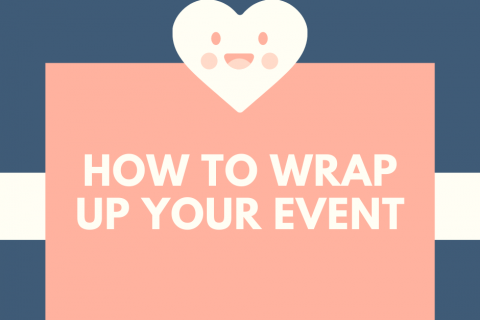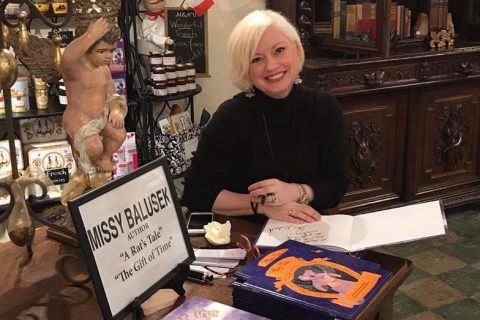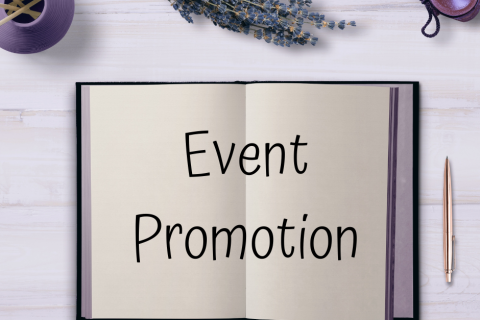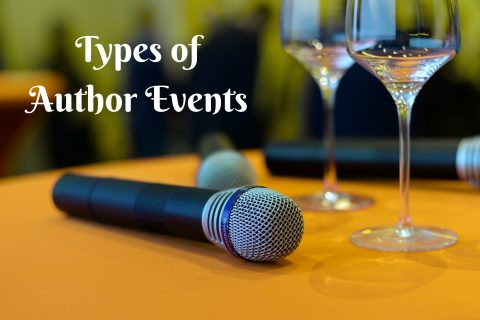We receive frequent questions about booking events, and we understand why! Approaching a venue can be intimidating; knowing what to say, who to talk to, and even which venue to choose can be overwhelming. However, making appearances can help you gain personal connections with readers that are invaluable when trying to grow your audience. There’s no trick for how to book an event, but we’ll provide some information to help as you prepare to book your next one!
Deciding on an Event: Get Creative to Get Booked
Don’t be afraid to reach an audience through a creative event. In other words, don’t assume that all events have to be book signings at bookstores. Don’t get us wrong: signings are great! But don’t hesitate to branch out. Have you thought about giving a book talk or lecture? Or doing a reading for a local group or club? How about a craft or some other activity that ties into your book?
Our authors have done these events and more. If there’s a compelling topic related to your book’s subject that would make a great book talk, pitch it to a venue. Creative events with an interesting angle will catch the attention of a venue’s manager or event planner. Unique events are good marketing opportunities for the venue itself. If you wrote a children’s book about table etiquette, approach a restaurant with a plan to host a kids’ luncheon and teach manners!
Plan It Out: Venues Love Doing Less Work
If you have a game plan for an event, people will be more open to working with you. Details like cost, timing, and itinerary will be important to any venue. Come prepared. Know your budget, intended audience, how long it will take, what supplies will be involved, and any other detail that may be important. The more planned out, the better. However, it’s important to be flexible. If the venue only accommodates thirty people, don’t plan for a hundred.
Venues: Thinking Outside the Bookstore Box
Bookstores and libraries are standard venues for author events. These venues have an built-in book-loving audience, but might not be the best way to reach your audience. What words can be associated with your book’s topic? If your book is about nature, associated words might be camping, hiking, gardening, and parks. You could contact hiking groups, gardening clubs, parks, or community gardens. These groups are predisposed to like the subject matter of your book. Often they will be excited by the unique opportunity to host an author, whereas bookstores and libraries are often saturated with requests.
That Being Said . . . Still Contact Bookstores and Libraries
Despite the fact that venues like bookstores and libraries are bombarded with queries, they are still easy to contact and can host worthwhile events. Barnes and Noble in particular is very receptive to book signing requests and most locations have Storytime each week for children’s books. Don’t rule any venue out.
But HOW Do I Contact Them?
Start with connections you might have. What friends, family, groups, or professional connections can you utilize? Use networking platforms like LinkedIn or Facebook to your advantage.
After you’ve exhausted your contacts, send an email, make a phone call, or visit in person. Most venues have their contact information available online. A quick Google search can provide several methods of contact. Some people start with an email, then make a phone call. Others prefer to go straight to the venue in person. Any method works. Ask for a manager or the person responsible for event planning. As you approach venues, try using language like this:
“Hi, my name is _____. I’ve published a book called _____, which is about [your brief synopsis].
I’ve [attached/brought] an informational sheet, and I’d be happy to provide a review copy.
I have an event in mind that I think would be perfect for your [store/library/organization].
The event would entail [brief summary], and my publisher will help promote it.
This would be beneficial to your [store/library/organization] because [compelling wrap-up].
Thank you so much for your time! I look forward to speaking with you again soon.”
Follow Up; Follow Through
If you don’t hear back, try again! Try a different contact method. If you’ve emailed, call. If you’ve called, go in person. Once you’ve tried all three methods and followed up accordingly, it may be time to move on.
If you set up an event, congratulations! Once you establish a date and time, check back. Make sure you’re easily available and communicative. If things go well, the venue will be more willing to work with you again.
Keep an Excel spreadsheet or other notes of who you’ve contacted and when, so you know when to follow up and who you’ve already spoken to. Take a look at this follow-up script and change it for your needs:
“Hi, my name is _____, author of _____.
I [called/emailed/stopped by] on [date] and spoke with [name] about [brief event description].
I wanted to follow up on my conversation and see if there are any new developments/decisions.”
No Luck?
If it seems like you’re not gaining traction on your event proposal at a particular venue, don’t be disheartened! The venue might have scheduling, financial, or other complications you don’t know about. Don’t be angry; don’t take it personally. Move on to the next place and learn from every experience!
Don’t be afraid to put yourself out there. Best of luck getting booked!

